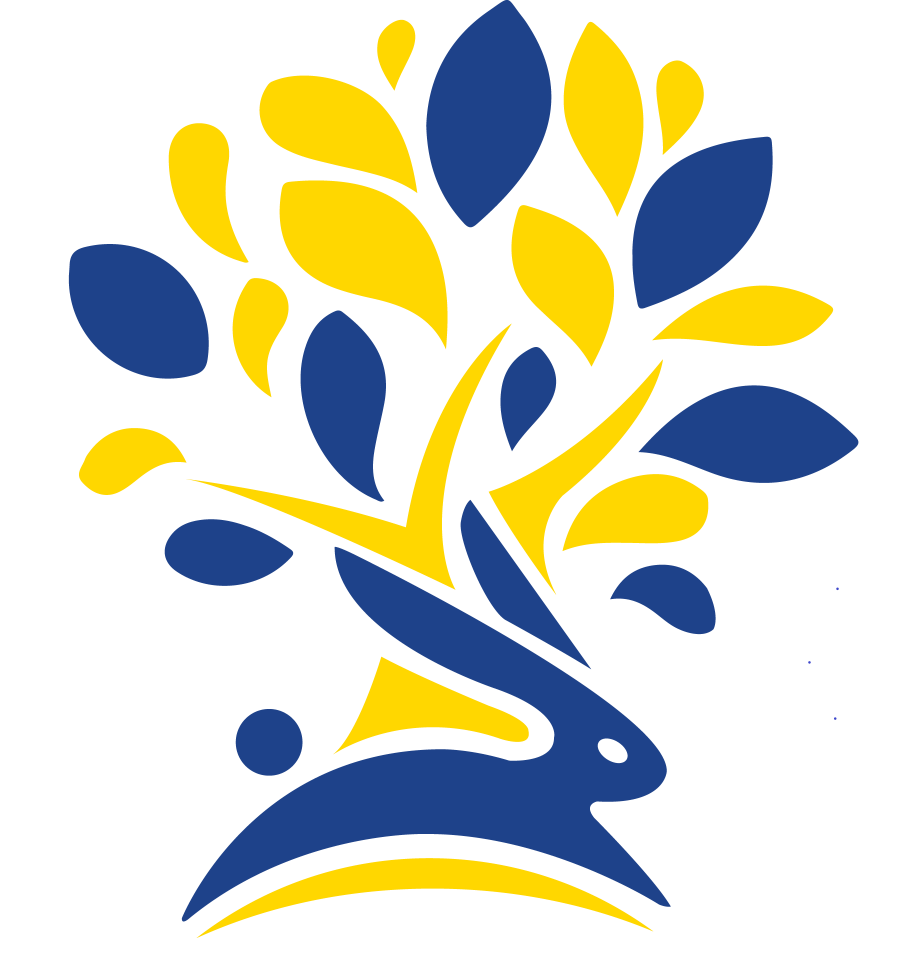Geography
Welcome to our Geography Curriculum

At Cuddington Croft, our Geography Curriculum encourages our children to develop a rich, greater understanding and knowledge of our diverse world, as well as their place in it.
Our Geography Intent
Our Geography curriculum is a knowledge rich curriculum which provides our children with a better understanding of the world, how it is made up geographically and the different cultures that can be found around it. Through our Geography lessons, we aim to inspire our children to ask thought-provoking questions and equip them with the ability to discover answers to their own questions. This develops the children’s knowledge of diverse places, people, resources and natural and human environments, together with a deep understanding of the Earth’s key physical and human processes. Our Geography curriculum is hands-on and investigative which allows for transferable skills to be applied in the wider curriculum which has been built on a strong foundation of knowledge and skills. Through our role as global citizens, we continue to embed the children’s understanding of global issues such as climate change and their role in helping to raise awareness and the impact they can have.
Implementation - how do we plan and teach Geography?
Our Geography curriculum is the Primary Knowledge Curriculum (PKC) which focuses on deepening the children’s knowledge and skills through rich, challenging high-quality lessons. The skills which our curriculum develops are specified, ordered coherently and progress over time. This curriculum structure helps pupils to deepen their understanding of physical and human geographical processes in a logical and progressive way.
In our Geography lessons, the children build on skills across year groups and are engaged through exciting stimulus. Rosenshine’s Principles underpin our teaching of Geography with opportunities for reviews to take place at the beginning of each unit - teachers are aware of prior learning the children will have completed in relation to each subject and give time to reflect on prior learning, key concepts and key vocabulary is provided within a lesson.
Every year group will teach a ‘spatial sense’ unit, usually in the Autumn term which provides foundational knowledge and skills that progress over time. Following on from this, in a purposeful sequence, each year group will study contextual place and locational geography units (either UK or World) that offer rich opportunities to apply the geography skills they were explicitly taught and to continue to build substantive and disciplinary knowledge over time which is outlined in our whole school overview below.
As children work through the curriculum they will know more and understand more about their local area, the UK, Europe and the World. This rigorous approach, covering and going beyond the requirements of the National Curriculum, leaves nothing to chance, building geographical knowledge and understanding in a way that builds on our children’s prior knowledge, allowing them to make meaningful connections and gain an understanding of how our world is connected.
Conceptual understanding is at the heart of our curriculum. As a result, our children will learn about key geographical concepts such as place, space, the environment and interconnection. This means that over time by working through an essential process of elaboration, our children will add to their conceptual understanding with many examples of geographical knowledge in context demonstrating strong subject knowledge and understanding.
Impact-how will we show progress?
Through our Geography curriculum, the children will know more and understand more about the world around them. They will feel equipped to make comparisons between the world in terms of cultures and geographical make up. It can lead to children conducting research to find out about human and physical features of different countries, developing their research skills. It will allow our children to develop map reading skills and use atlases to find more information in terms of physical features. In learning about different cultures around the world, the children will also become more aware of the makeup of society, both locally and globally. We aspire that our children will be skilful geographers with a broad and well-developed knowledge of world geography which has been embedded and built on over time.
When our children leave Cuddington Croft, a good Geography learner will:
Have a good knowledge of their local environment and be able to make comparisons to other global locations.
Recall the continents, countries and oceans of the world.
Understand natural disasters, their impact and how to prepare for them.
Be able to discuss differences and similarities between cultures around the world.
Make comparisons between human and physical features of our world.
Have developed map skills and be confident using atlases, compass points and grid references.












